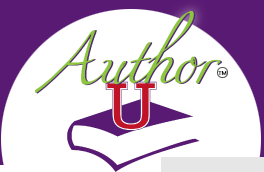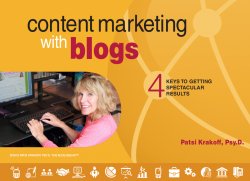 What if you could write an expert ebook using the same riveting tactics used by TED.com speakers that earn them millions of views?
What if you could write an expert ebook using the same riveting tactics used by TED.com speakers that earn them millions of views?
I’ve been viewing some fascinating videos on TED.com, scanning them for tips on how to write a good story. And I’ve read How To Deliver a TED Talk, by Jeremy Donovan.
At some point in your professional career, you’ll likely be inspired to write and publish a book, whether for potential customers, colleagues or to spread your message to a global audience. Your ability to persuade others through written words will contribute greatly to your book publishing success.
What can we learn from TED Talks about writing an expert ebook? Here are a few key elements from Donovan’s book:
- Craft a “Catchphrase.” Remarkable speakers become memorable by using catchphrases: turning your presentation’s central idea into an unforgettable phrase. What if you used this tactic writing your book? Simon Sinek did, naming his book “Start with Why.” Your message will be remembered through frequently repetition. Repeat it several times to implant it in the reader’s mind. An ideal catchphrase should be short (3–12 words), action-oriented and rhythmic.
- “People don’t buy what you do; they buy why you do it.” (Simon Sinek)
- “Start with why.” (Sinek)
- “If it doesn’t fit, you must acquit.” (Johnnie Cochran)
2. Open with Gusto. The first 10 or 20 seconds of a speech mark the peak of audience engagement, so capitalize on it with a compelling opening. Why not start your book in a similar fashion. Make a strong point right away.
- Personal stories are always attention grabbers, but make sure they are real, emotional and relevant to your message. Make other people your story’s heroes, not yourself.
- Shocking/startling statements can be very effective, especially if they challenge conventional wisdom. A good example is Jamie Oliver’s TED Talk on how obesity is killing our children.
- Ask powerful questions, particularly “why” and “how.” Questions tap into the readers’ natural curiosity to understand the world around them.
After you start your book, list the benefits readers will gain. Spell it out for them why they need to keep reading your book. The more you use the pronoun “you,” the more engaged readers will become.
What do you think about these ideas? I’d love to hear from you in the comments section.














Recent Comments